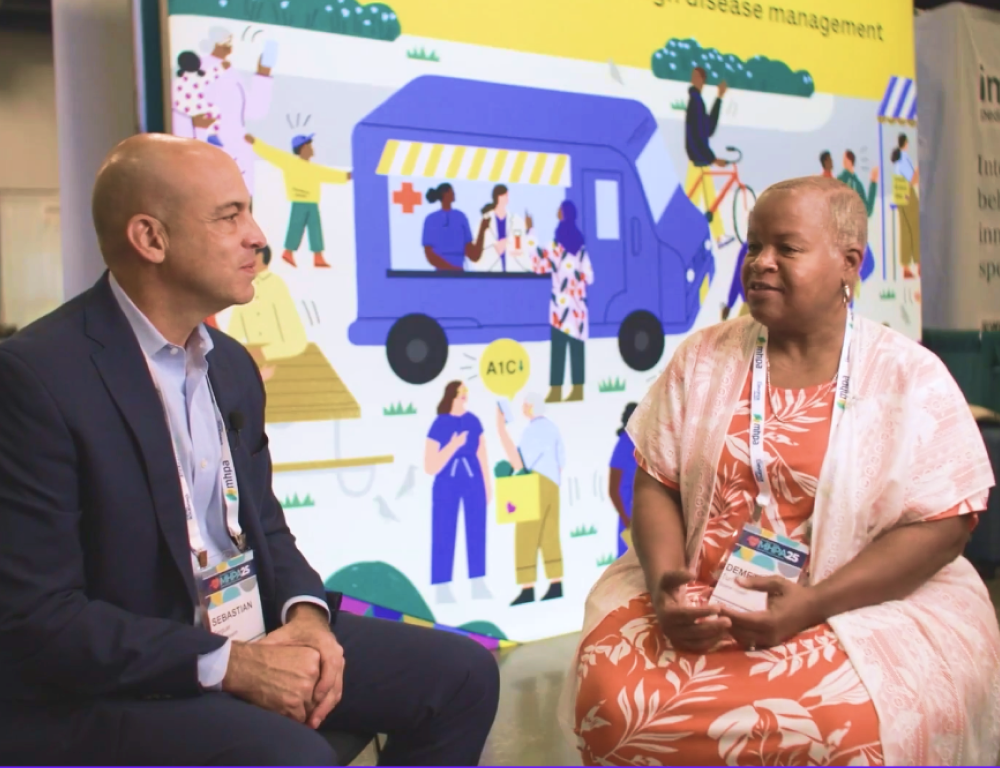Tackling the Newest Epidemic: How Scene Helps Patients Cope with Loneliness

When we first met Michael, he struggled to juggle his various medications while managing his hypertension effectively. Like millions of Americans, what made his situation worse was that he didn’t have the medical or social support he needed to navigate the complexity of his medication regimen. But from the moment he connected with a Scene Health enrollment coach, he had a helping hand.
“It’s that first phone call with a person who has energy and is a motivator. That first phone call got me excited,” Michael said in a recent patient feedback meeting.
By the time he reached the last phase of our program, Michael was equipped with the habits, knowledge, and tools he needed to build a healthy medication routine, plus, he had the backing of our care team, who became his trusted confidants and friends.
“I was able to get my blood pressure on track by taking my medication every day,” he explained.
{{guide-middle}}
Like Mike, thousands of patients have shared that they feel connected to and supported by our care team. And it has become clear that although our program’s primary focus is to improve medication adherence rates, our video-based approach helps patients form relationships with our care team and feel less alone.
Through video-enabled Directly Observed Therapy (DOT), our care team of pharmacists, nurses, and health coaches engage with patients on a daily basis, establishing deep and meaningful connections. These relationships build trust, offer comfort not typically found in the healthcare experience, and help mitigate feelings of loneliness and isolation — now considered a public health crisis.
Even more, our program fills gaps in care by allowing healthcare professionals to connect with patients beyond the confines of clinical settings — helping patients feel heard and supported. In a recent survey of 1,000 patients with low incomes, we found that patients crave this kind of high-touch support to help them manage their medications. The survey’s respondents rated daily check-ins with a healthcare professional and 24/7 access to a healthcare professional as the top two resources that could help them improve their medication adherence — something we provide through our program.
So, while we definitely feel that Michael is special, his story isn’t. So many people are in need of social contact.
Recognizing the critical role of human connection in our approach, we’re committed to ensuring that our program continues to be a place where patients can share their concerns, fears, and joys with our care team and lean into a supportive environment that extends beyond traditional healthcare settings.
Michael’s comments about our program captured the essence of our approach perfectly.
“Just to know there’s somebody out there that cares about my health — that’s a blessing.”




Download the Insights into Medication Challenges in Populations with Low Incomes: The Scene Medication Survey

Download the Insights into Medication Challenges in Populations with Low Incomes: The Scene Medication Survey






.png)
